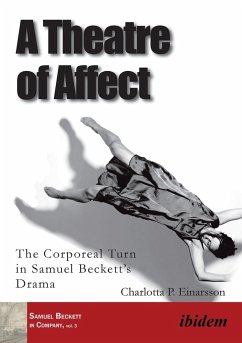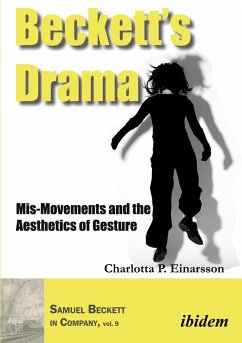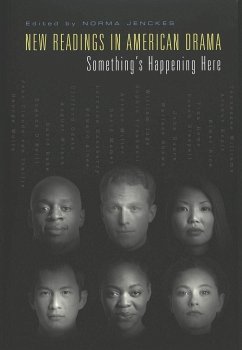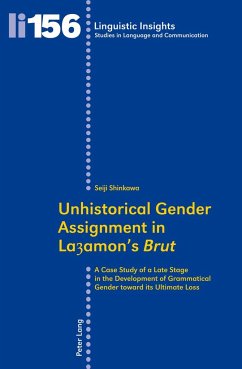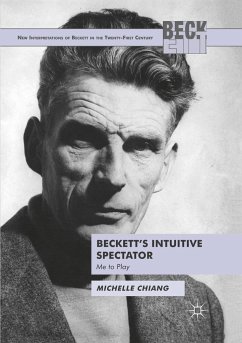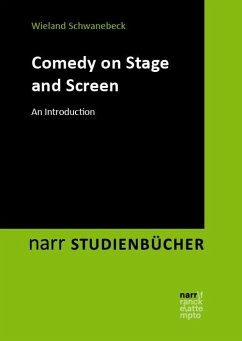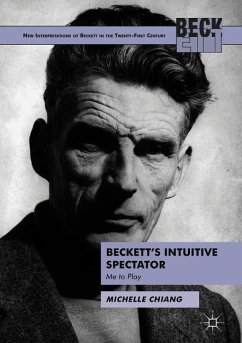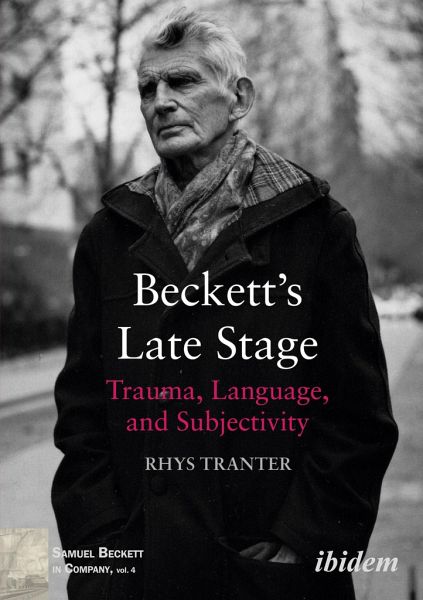
Beckett's Late Stage
Versandkostenfrei!
Versandfertig in 6-10 Tagen
39,90 €
inkl. MwSt.
Weitere Ausgaben:

PAYBACK Punkte
0 °P sammeln!
Beckett's Late Stage reexamines the Nobel laureate's post-war prose and drama in the light of contemporary trauma theory. Through a series of sustained close-readings, the study demonstrates how the comings and goings of Beckett's prose unsettles the Western philosophical tradition; it reveals how Beckett's live theatrical productions are haunted by the rehearsal of traumatic repetition, and asks what his ghostly radio recordings might signal for twentieth-century modernity. Drawing from psychoanalytic and poststructuralist traditions, Beckett's Late Stage explores how the traumatic symptom al...
Beckett's Late Stage reexamines the Nobel laureate's post-war prose and drama in the light of contemporary trauma theory. Through a series of sustained close-readings, the study demonstrates how the comings and goings of Beckett's prose unsettles the Western philosophical tradition; it reveals how Beckett's live theatrical productions are haunted by the rehearsal of traumatic repetition, and asks what his ghostly radio recordings might signal for twentieth-century modernity. Drawing from psychoanalytic and poststructuralist traditions, Beckett's Late Stage explores how the traumatic symptom allows us to rethink the relationship between language, meaning, and identity after 1945.




